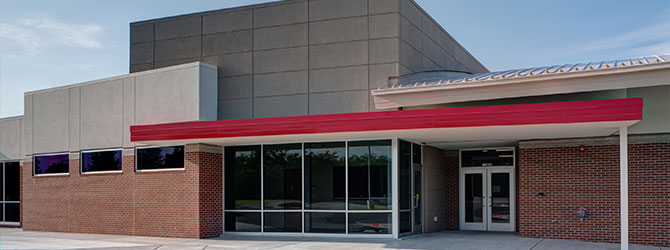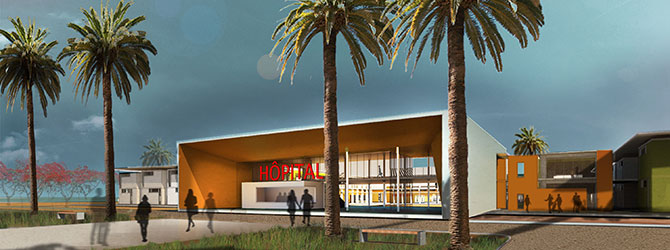Around this time last year, I discussed Dewberry's commitment to corporate sustainability reporting—sharing our dedication to tracking and benchmarking our progress internally and against others. This year, we aligned our reporting process with the Global Reporting Initiative (GRI) to better understand our opportunities, inform our decision making process, and communicate our environmental and social impacts. GRI's Sustainability Reporting Standards are one of the most widely used standards on sustainability reporting and disclosure, with more than 90 percent of the world's largest 250 corporations reporting on their sustainability performance. Aligning with GRI supports our community-based outreach and engagement, imparts our commitment to environmental stewardship, and enhances the process of gathering and checking data. This first report lays the foundation for all future sustainability reports. This tracking has not only enabled us to compare the progress we've made internally and with other organizations, but also be transparent about it.
Focus on Net Zero
Like many in our industry, we're committed to delivering the highest possible sustainable outcome for our projects, using excellence in design, sustainability, and business as a guiding vision. The Architecture 2030 Challenge is a resource we use to benchmark and track our projects' annual energy targets. The challenge is to incrementally improve the performance of our building designs in order to achieve a carbon neutral goal by 2030. We benchmark our performance against national averages and real-time monitor our predicted energy use improvements. We also track our overall design portfolio as a whole, allowing us to make accurate improvements by applying lessons we've learned. We've seen great success with the Rosa Parks Elementary School expansion, which is the second Architecture 2030-compliant project in the state of Oklahoma and one of the top 10 percent performing global 2030 Challenge projects for 2016. Our 2016 average energy use reduction is currently 44 percent—well above the 38.1 percent average reduction of all firms.
 The Rosa Parks Elementary School expansion is the second Architecture 2030-compliant project in the state of Oklahoma.
The Rosa Parks Elementary School expansion is the second Architecture 2030-compliant project in the state of Oklahoma.
This year we also won an Award of Excellence in the unbuilt category from the American Institute of Architects Orlando chapter for the "Moho Modular Hospital." The goal of the project was to provide affordable, patient-ready healthcare facilities that meet local and community healthcare needs while emphasizing sustainable best practices, with a specific focus on conserving natural resources and maintainability. This net zero model for healthcare can be adapted to various health needs and sites throughout the world. To allow for varying site conditions, off-grid solutions for water and power were integrated as modules which could be added to sites as needed when infrastructure was not available, in turn creating a true net zero energy and water campus.
 This affordable, patient-ready healthcare model was designed to be adaptable to various health needs of a third-world country.
This affordable, patient-ready healthcare model was designed to be adaptable to various health needs of a third-world country.
Moving Forward Into 2017
The 2016 Architect 50 report ranked Dewberry as a top 50 sustainability firm, placing us at 28, achieving a 14 point leap in rankings in just one year. This gives me the confidence that we're on the right path to further advance our excellence in sustainability commitment. As the New Year approaches, I know that I can rely on our dedicated people to continue to progress our sustainable practices and surpass the goals we've set for ourselves.